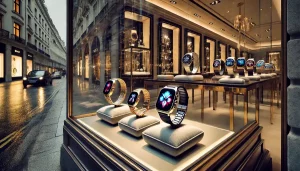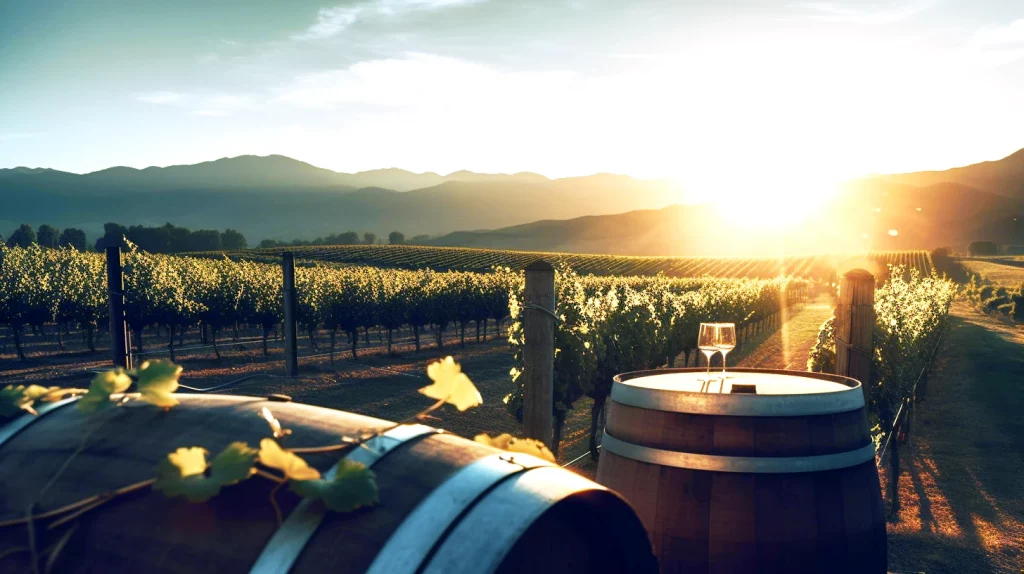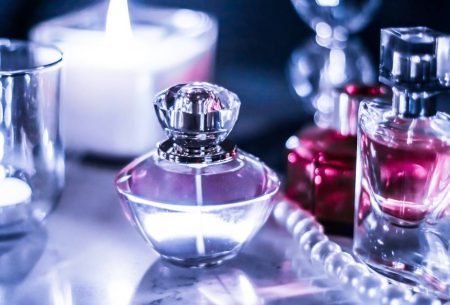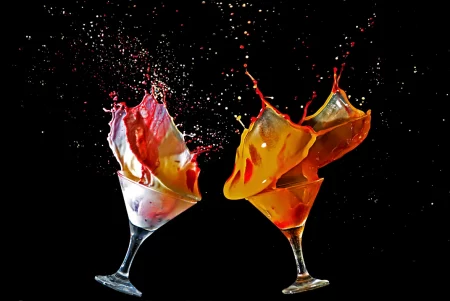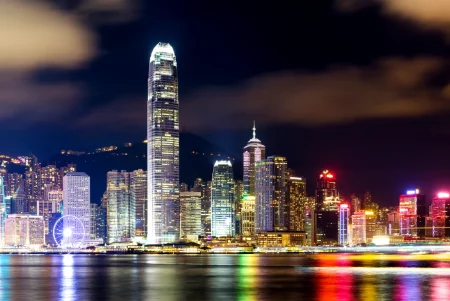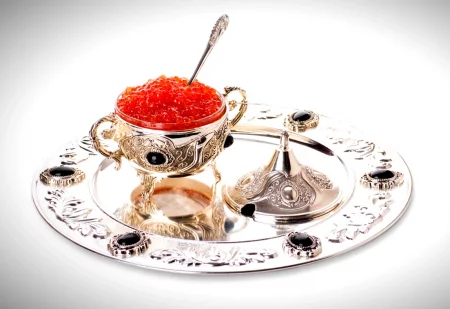The world of luxury wines is a captivating one, full of history, passion, and prestige. From the rolling hills of Bordeaux to the sun-drenched vineyards of Napa Valley, every bottle tells a story of its own. But some bottles are more special than others, commanding top dollar at auctions and private sales. In this article, we will explore the most expensive wines in the world, from legendary Bordeaux vintages to exclusive Burgundy picks and beyond.
Bordeaux Legends and Beyond
Bordeaux is the epitome of luxury wine, with centuries of tradition and excellence. Some of the most expensive wines in the world come from this region, such as the 1947 Cheval Blanc, which sold for $304,375 at auction. Other top picks include the 1951 Penfolds Grange, which sold for $38,420, and the 1985 Domaine de la Romanée-Conti, priced at $20,975 per bottle. The legendary Château Lafite Rothschild is also a must-try for luxury collectors, with prices ranging from $3,000 to $15,000 per bottle.
Burgundy Treasures
Burgundy is another region that is synonymous with luxury wines, known for its Pinot Noir and Chardonnay varietals. Some of the most expensive wines in the world come from Burgundy, such as the 1945 Romanée-Conti, which sold for a staggering $558,000 at auction. Other top picks include the 1865 Château Margaux, priced at $195,000 per bottle, and the 1985 Henri Jayer Richebourg Grand Cru, priced at $15,195 per bottle.
Napa Valley Gems
Napa Valley is a relative newcomer to the luxury wine scene, but it has quickly established itself as a top player. Some of the most expensive wines in the world come from this region, such as the 1992 Screaming Eagle Cabernet Sauvignon, which sold for $500,000 at auction. Other top picks include the 2007 Harlan Estate Proprietary Red, priced at $1,200 per bottle, and the 2016 Scarecrow Cabernet Sauvignon, priced at $850 per bottle.
The Fascinating History of Luxury Wines
Luxury wines have a rich and fascinating history, dating back to ancient civilizations. The ancient Greeks and Romans were known for their love of wine, with some of the most expensive wines of their time coming from the Mediterranean region. In the Middle Ages, wine was primarily produced by monks and was used for religious ceremonies. It was only in the 18th century that wine became a luxury item for the upper classes, with Bordeaux becoming the most prestigious wine region in the world.
Rare Vintage Wines
When it comes to rare vintage wines, the name that springs to mind is Bordeaux. The Bordeaux region of France is known for producing some of the finest and most expensive wines in the world. Chateau Margaux, Chateau Lafite Rothschild, and Chateau Mouton Rothschild are just a few of the names that command top dollar at auctions and private sales. In 2018, a bottle of 1945 Chateau Mouton Rothschild sold for a record-breaking $558,000 at auction. This vintage is particularly rare, as it was produced during World War II and was only available to a select few. Other rare vintages include the 1951 Penfolds Grange, the 1978 Romanée-Conti, and the 1947 Cheval Blanc.
Investing in Luxury Wines
Luxury wines are not only a pleasure to drink, but they can also be a smart investment. Rare and exclusive bottles tend to hold their value over time, making them a popular choice for collectors and investors. However, investing in luxury wines requires careful research and knowledge of the market. It’s essential to buy from reputable sources and to store the bottles properly to ensure their value remains intact.
The production process of luxury wines
The production process is a crucial factor in what makes a wine considered luxury. Luxury wines are often made using traditional methods and techniques that have been passed down through generations of winemakers. For example, some wineries still hand-harvest their grapes, using only the ripest and healthiest fruit. Others use natural fermentation, allowing the yeast to work at its own pace and develop more complex flavors. These methods are time-consuming and require a high level of expertise, which adds to the value and exclusivity of luxury wines.
Defining Luxury in Wine
| Criteria | Description |
|---|---|
| Rarity | Luxury wines are produced in limited quantities, making them rare and exclusive. |
| Quality | Luxury wines are made from the highest quality grapes and are crafted with a high level of expertise and attention to detail. |
| Prestige | Luxury wines come from regions with a long history of winemaking and a reputation for excellence. They are often associated with famous winemakers or chateaus. |
| Aging | Luxury wines are aged for extended periods, which adds to their complexity and depth of flavor. They may be aged in oak barrels or bottles, depending on the style. |
| Packaging | Luxury wines may come in unique or ornate packaging, such as handcrafted bottles or special edition cases. |
| Price | Luxury wines are priced significantly higher than regular wines, often costing thousands of dollars per bottle. |
Luxury wines and Food pairing
Luxury wines are often paired with high-end cuisine, as they complement and enhance the flavors of the food. For example, a full-bodied Bordeaux pairs well with a hearty steak, while a delicate Chablis is perfect with oysters. Luxury wines are also frequently served at exclusive events, such as gala dinners and charity auctions. These events are often attended by high-net-worth individuals and celebrities, further adding to the prestige of luxury wines.
Sustainability
In recent years, there has been a growing emphasis on sustainability in the wine industry, with many luxury wineries adopting organic and biodynamic farming practices. These practices prioritize the health of the soil and the environment, and they also contribute to the overall quality of the wine. Consumers who prioritize sustainability may be more inclined to purchase luxury wines that are produced in a sustainable and ethical manner. Some luxury wineries also use sustainable packaging materials, such as recycled glass or paper, to further reduce their environmental impact. This focus on sustainability adds another layer of value and appeal to luxury wines.
Luxury wines are expensive due to their rarity, quality, and prestige. They are made in limited quantities and require a high level of expertise and craftsmanship to produce. Luxury wines are also aged for extended periods, which adds to their value.
Luxury wines can be a smart investment, as they tend to hold their value over time. However, investing in luxury wines requires careful research and knowledge of the market. It’s essential to buy from reputable sources and to store the bottles properly to ensure their value remains intact.
Yes, it is possible to taste luxury wines without spending a fortune. Many wine bars and restaurants offer tastings of high-end wines by the glass or in small pours. It’s also possible to attend wine tastings and events where you can sample a range of luxury wines. However, it’s important to note that some of the rarest and most exclusive wines may not be available for tastings.




